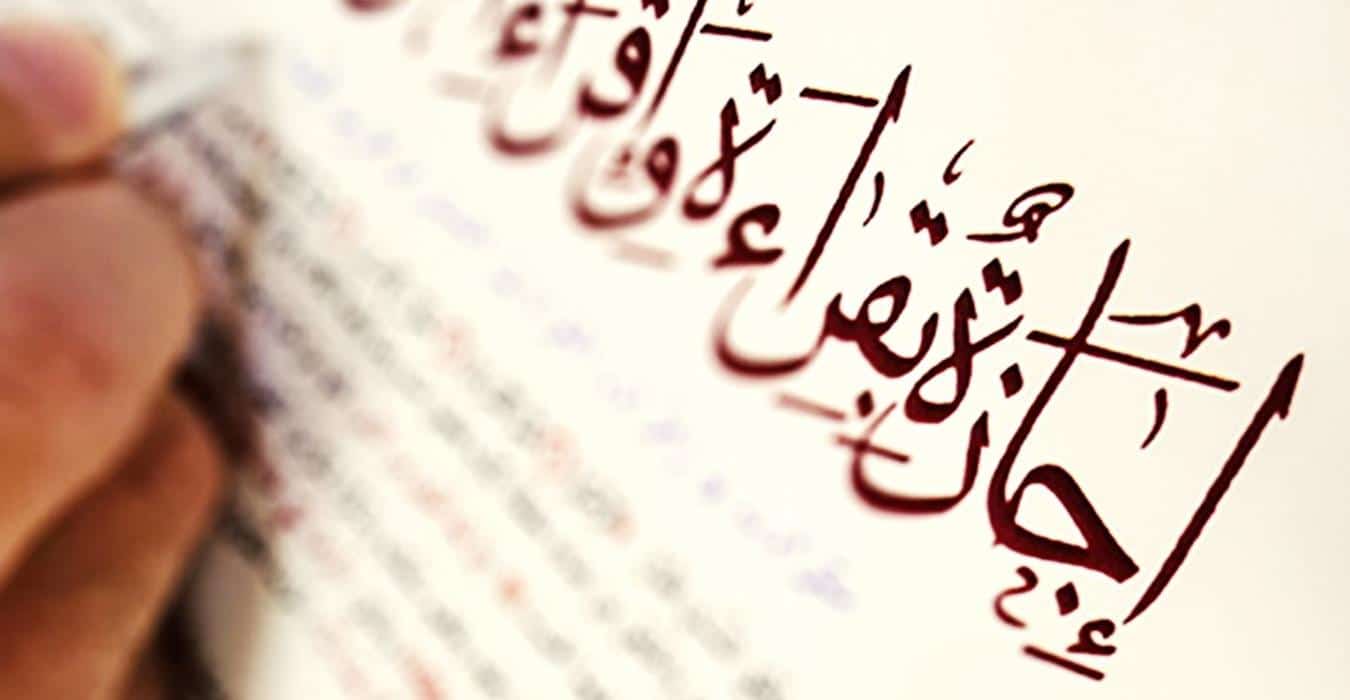Ijazah (also known as Sanad) is an Islamic term that refers to a certification or authorization granted by a qualified teacher or scholar to a student who has successfully completed a course of study or mastery of a particular subject. In the context of the Quran, an ijazah is a certificate or permission given by a qualified teacher (known as a “sanad holder”) to a student, attesting that the student has memorized the Quran with proper Tajweed and Quran recitation.

The process of obtaining an ijazah typically involves the student reciting the entire Quran to the teacher, who listens carefully and assesses the student’s accuracy, fluency, and adherence to the rules of Tajweed. If the student meets the required standards, the teacher grants the ijazah, which serves as a testament to the student’s proficiency in reciting the Quran.
Ijazahs are often accompanied by a chain of transmission (sanad), which traces the authority and authenticity of the certification back to the Prophet Muhammad (peace be upon him) through a chain of qualified teachers. This chain of transmission adds an additional level of credibility to the ijazah, ensuring that the student’s recitation is in line with the correct recitation that has been passed down through generations.
There are different types of ijazahs based on the level of mastery and the specific area of study. Here are a few common types:
- Ijazah in Quran Memorization (Hifz):
- Granted to a student who has successfully memorized the entire Quran with proper Tajweed and recitation.
- Certifies that the student has preserved the entire Quran in their memory and can recite it accurately.
- Ijazah in Quran Recitation (Tilawah) with Tajweed:
- Given to a student who has achieved a high level of proficiency in reciting the Quran with proper Tajweed rules and melodious recitation.
- Certifies that the student has mastered the various recitation styles (qira’at) and can recite the Quran with correct pronunciation, Tajweed, and rhythm.
Types of Ijazah in Quranic Studies
- Recitation with Tajweed (Proper Pronunciation):
- This type of ijazah certifies that the student has mastered the correct pronunciation and rules of Tajweed while reciting the Quran.
- It ensures that the student can recite the Quran accurately and melodiously.
- Quran Memorization (Hifz):
- An ijazah in memorization certifies that the student has successfully memorized the entire Quran.
- It attests to the student’s ability to preserve the entire Quran in their memory.
- Tajweed Mastery:
- This ijazah focuses specifically on the mastery of Tajweed rules.
- It ensures that the student can recite the Quran with proper pronunciation, rhythm, and emphasis.
- Qirat (Different Recitation Styles):
- Some ijazahs specialize in different recitation styles (qira’at) of the Quran.
- Students receive certification in a specific recitation style, such as Hafs, Warsh, or Qalun.
Importance of Ijazah Certificates
- Preserving Authenticity:
- Ijazahs ensure the accurate transmission of religious knowledge across generations.
- They maintain the integrity of the Quranic text and its proper recitation.
- Academic Recognition:
- An ijazah from a reputable teacher or institution carries weight in academic and religious circles.
- It validates the student’s expertise and qualifies them to teach others.
- Spiritual Connection:
- Obtaining an ijazah connects the student to a long tradition of Quranic scholars and teachers.
- It fosters a deeper spiritual connection to the Quran.
- Authorization for Teaching:
- An ijazah authorizes the student to teach the Quran and Tajweed to others.
- It empowers them to pass on their knowledge.
- Preserving Islamic Heritage:
- Ijazahs contribute to the preservation of Islamic heritage and the continuity of Quranic recitation.
- Personal Growth and Opportunities:
- Earning an ijazah signifies personal growth and dedication to religious learning.
- It opens up opportunities for teaching, leadership, and community service.
Steps to Obtain a Quran Ijazah Certificate
- Find a Qualified Teacher:
- Seek out a knowledgeable and qualified teacher who holds a valid ijazah.
- Ensure that the teacher has expertise in the specific area you wish to study (recitation, memorization, etc.).
- eArabicLearnig has a proffesional teachers how can help you to give you all types of Ijazah .
- Learn Quranic Recitation or Memorization:
- Study under the guidance of the teacher.
- Practice and refine your skills in reciting the Quran with Tajweed or memorizing it.
- Receive Certification:
- Once you meet the required standards, the teacher will grant you the ijazah.
- The certification may include details about the specific area of expertise and the teacher’s authorization.
- verify your certification with eArabicLearning online system (use the URL underneeth ) .
Historical Background of Ijazah
- The concept of ijazah traces back to the time of Prophet Muhammad (peace be upon him).
- It reflects the oral transmission of knowledge from teacher to student through trusted chains of narrators.
Who Grants Ijazah Certificates?
- Only qualified teachers who themselves hold a valid ijazah can grant it to their students.
- The teacher’s authority and expertise are crucial for ensuring the authenticity of the certification.
Difference Between Ijazah in the Quran and the Hadith
- Ijazah in the Quran focuses on Quranic recitation, Tajweed, and memorization.
- Ijazah in the Hadith pertains to the narration and transmission of Prophetic traditions.
Remember that obtaining an ijazah requires dedication, commitment, and adherence to the highest standards of Quranic recitation. It is a noble pursuit that connects students to the rich tradition of preserving the divine scripture. 🌟📖